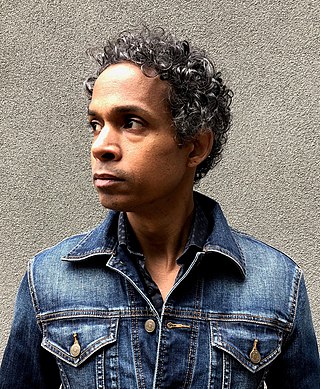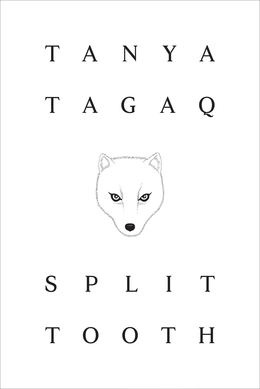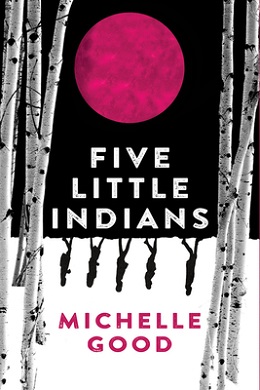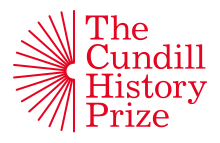
The Giller Prize is a literary award given to a Canadian author of a novel or short story collection published in English the previous year, after an annual juried competition between publishers who submit entries. The prize was established in 1994 by Toronto businessman Jack Rabinovitch in honour of his late wife Doris Giller, a former literary editor at the Toronto Star, and is awarded in November of each year along with a cash reward with the winner being presented by the previous year's winning author.
The Pat Lowther Memorial Award is an annual Canadian literary award presented by the League of Canadian Poets to the year's best book of poetry by a Canadian woman. The award was established in 1980 to honour poet Pat Lowther, who was murdered by her husband in 1975. Each winner receives an honorarium of $1000.
The Gerald Lampert Memorial Award is an annual literary award presented by the League of Canadian Poets to the best volume of poetry published by a first-time poet. It is presented in honour of poetry promoter Gerald Lampert. Each winner receives an honorarium of $1000.
The Journey Prize is a Canadian literary award, presented annually by McClelland and Stewart and the Writers' Trust of Canada for the best short story published by an emerging writer in a Canadian literary magazine. The award was endowed by James A. Michener, who donated the Canadian royalty earnings from his 1988 novel Journey.
The Hilary Weston Writers' Trust Prize for Nonfiction is a Canadian literary award, presented annually by the Writers' Trust of Canada to the best work of non-fiction by a Canadian writer.
The Thomas Raddall Atlantic Fiction Award is a Canadian literary award administered by the Atlantic Book Awards & Festival for the best work of adult fiction published in the previous year by a writer from the Atlantic provinces. The prize honours Thomas Head Raddall and is supported by an endowment he willed to it. The award is currently worth $25,000.
The RBC Taylor Prize (2000–2020), formerly known as the Charles Taylor Prize, was a Canadian literary award, presented by the Charles Taylor Foundation to the best Canadian work of literary non-fiction. It was named for Charles P. B. Taylor, a noted Canadian historian and writer. Instituted in 2000, the 2020 prize was the final year the prize was awarded. The prize was originally presented every two years until 2004, and became an annual award from 2004 onwards. The monetary value of the award increased over the years. The final award in 2020 had a monetary value of $30,000.
The Toronto Book Awards are Canadian literary awards, presented annually by the City of Toronto government to the author of the year's best fiction or non-fiction book or books "that are evocative of Toronto". The award is presented in the fall of each year, with its advance promotional efforts including a series of readings by the nominated authors at each year's The Word on the Street festival.
The Crime Writers of Canada Awards of Excellence, formerly known as the Arthur Ellis Awards, are a group of Canadian literary awards, presented annually by the Crime Writers of Canada for the best Canadian crime and mystery writing published in the previous year. The award is presented during May in the year following publication.
The Governor General's Award for English-language fiction is a Canadian literary award that annually recognizes one Canadian writer for a fiction book written in English. It is one of fourteen Governor General's Awards for Literary Merit, seven each for creators of English- and French-language books. The awards was created by the Canadian Authors Association in partnership with Lord Tweedsmuir in 1936. In 1959, the award became part of the Governor General's Awards program at the Canada Council for the Arts in 1959. The age requirement is 18 and up.
Billie Livingston is a Canadian novelist, short story writer, essayist, and poet. Born in Hamilton, Ontario, Livingston grew up in Toronto and Vancouver, British Columbia. She lives in Vancouver.

David John Chariandy is a Canadian writer and academic, presently working as a professor of English literature at Simon Fraser University. His 2017 novel Brother won the Rogers Writers' Trust Fiction Prize, Ethel Wilson Fiction Prize, and Toronto Book Award.
The Quebec Writers' Federation Awards are a series of Canadian literary awards, presented annually by the Quebec Writers' Federation to the best works of literature in English by writers from Quebec. They were known from 1988 to 1998 as the QSPELL Awards.

Joan Thomas is a Canadian novelist and book reviewer from Winnipeg, Manitoba.
The ReLit Awards are Canadian literary prizes awarded annually to book-length works in the novel, short-story and poetry categories. Founded in 2000 by Newfoundland filmmaker and author Kenneth J. Harvey.

Split Tooth is a 2018 novel by Canadian musician Tanya Tagaq. Based in part on her own personal journals, the book tells the story of a young Inuk woman growing up in the Canadian Arctic in the 1970s.
Mary Elise Sarotte is a post-Cold War historian. She is the Marie-Josée and Henry R. Kravis Distinguished Professor of Historical Studies at the Henry A. Kissinger Center for Global Affairs, which is part of Johns Hopkins University.
The Crime Writers of Canada Award for Best Novel is an annual literary award, presented as part of the Crime Writers of Canada Awards of Excellence program to honour books judged as the best crime novel published by a Canadian crime writer in the previous year.
Michelle Good is a Cree writer, poet, and lawyer from Canada, most noted for her debut novel Five Little Indians. She is a member of the Red Pheasant Cree Nation in Saskatchewan. Good has an MFA and a law degree from the University of British Columbia and, as a lawyer, advocated for residential-school survivors.

Five Little Indians is the debut novel by Cree Canadian writer Michelle Good, published in 2020 by Harper Perennial. The novel focuses on five survivors of the Canadian Indian residential school system, struggling with varying degrees of success to rebuild their lives in Vancouver, British Columbia after the end of their time in the residential schools. It also explores the love and strength that can emerge after trauma.





